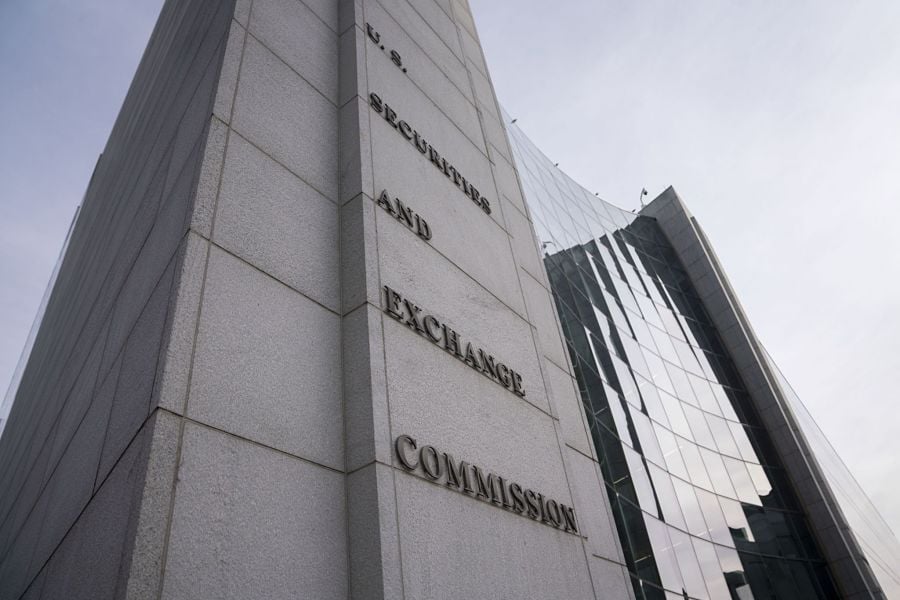

The Securities and Exchange Commission has charged John W. Fisher with selling more than $8.5 million of unregistered securities and earning $329,000 in commissions despite not being licensed as a registered representative or affiliated with a registered broker-dealer.
According to the complaint, Fisher marketed the securities, issued by 1 Global Capital, a defunct Hallandale Beach, Florida, commercial lending business, as a safe and secure alternative to the stock market. He baselessly claimed that the investments would achieve high single-digit or low double-digit annual returns, the SEC said.
The SEC previously charged 1 Global, which made high-interest loans to small businesses, as well as its owner and others, with operating a fraudulent scheme to misappropriate millions of dollars from at least 3,600 investors. The SEC also previously charged eight of the firm’s top sales agents with various registration violations.
The Miami Herald reported in December that various court documents place the amount stolen from investors by 1 Global and its agents at $322 million.
In its complaint against Fisher, the SEC is seeking an injunction, disgorgement of allegedly ill-gotten gains with interest and a civil penalty.

Surveys show continued misconceptions and pessimism about the program, as well as bipartisan support for reforms to sustain it into the future.

With doors being opened through new legislation and executive orders, guiding clients with their best interests in mind has never been more critical.

Meanwhile, Stephens lures a JPMorgan advisor in Louisiana, while Wells Fargo adds two wirehouse veterans from RBC.

Large institutions are airing concerns that everyday investors will cut into their fee-bargaining power and stakeholder status, among other worries.

Fights over compensation are a common area of hostility between wealth management firms and their employees, including financial advisors.
Orion's Tom Wilson on delivering coordinated, high-touch service in a world where returns alone no longer set you apart.
Barely a decade old, registered index-linked annuities have quickly surged in popularity, thanks to their unique blend of protection and growth potential—an appealing option for investors looking to chart a steadier course through today's choppy market waters, says Myles Lambert, Brighthouse Financial.
